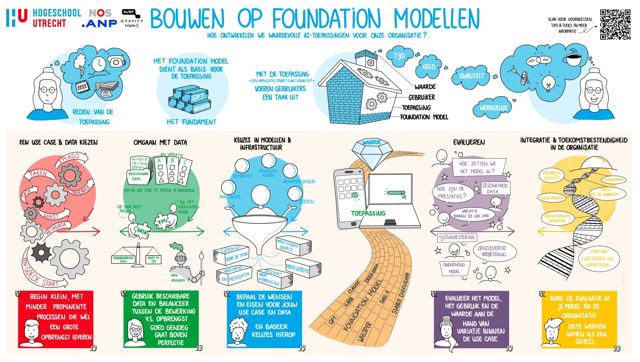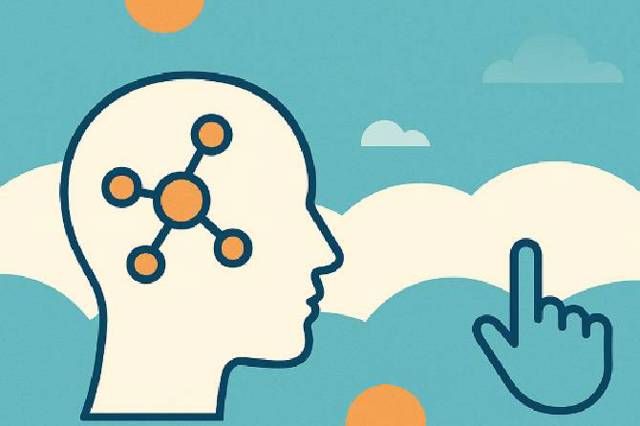< Back to news 


31 January 2024
The AI Taskforce of VU and UvA: what exactly do they do?
In September 2023, Vrije Universiteit Amsterdam (VU) and the University of Amsterdam (UvA) took a significant step in the educational landscape with the launch of their joint AI Taskforce. A dynamic group of eight experts from both universities join forces: not only to explore the challenges, but also the unprecedented possibilities of artificial intelligence within higher education.
But, what does this taskforce exactly do? What exactly does it look like and what steps have they already taken?
1. A network of diverse disciplines
In their roles as advisors to the rectors, taskforce members collectively aim for a coordinated approach within the university educational landscape in the field of AI and policy. Each member approaches issues from their unique perspective. For example, Dr. Marjolein Lanzing, specializing in philosophy of technology, focuses not only on the practical aspects of AI but also sheds light on the human dimension of artificial intelligence. Dr. Ilja Cornelisz approaches issues from his field of educational sciences. In the taskforce, Prof. Dr. Felienne Hermans operates as a professor of Didactics of Computer Science at the intersection of technology and education, exploring how students can learn about AI and the digital world
2. Action-oriented working groups
Within the taskforce, two working groups are also active: the VU working group and UvA working group. Each with its own focus and composition, they support the taskforce. Led by Luuk Terbeek (educational advisor AI & Blended learning) as a connecting factor, both university working groups exchange current challenges and best practices.
3. Transparent to the outside world
The principle is that VU Amsterdam and UvA communicate clear policies and positions regarding generative AI in education, both internally and externally. Policies and positions adapt to developments and are regularly and timely communicated and published in a place accessible to everyone involved in the institutions' education (and research), as well as beyond
Read the full article here.
This article was published on the VU Amsterdam Website.
Vergelijkbaar >
Similar news items

May 29
Building responsibly on foundation models: practical guide by Utrecht University of Applied Sciences and RAAIT
Researchers from RAAIT have published a practical guide for organisations aiming to develop AI applications using foundation models. The guide supports responsible decision-making.
read more >

May 29
SER: Put people first in the implementation of AI at work
In a new advisory report, the Dutch Social and Economic Council (SER) calls for a people-centred approach to AI in the workplace, warning of risks to jobs and social cohesion.
read more >

May 27
🌞 Open Space: AI meets Science Communication – will you take the stage?
Are you working on AI with impact? Wondering how to talk about it with the world? Join us on Thursday 4 July for an open space afternoon on AI & Science Communication, co-organized by Amsterdam AI and NEWS (the Dutch national centre for science & society).
read more >